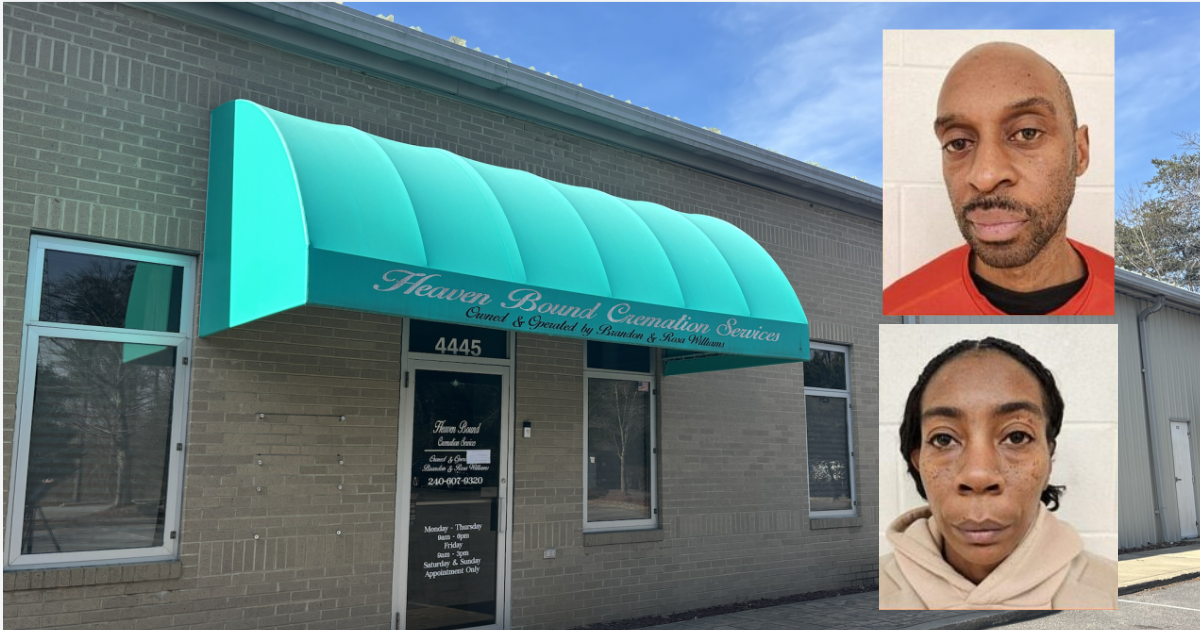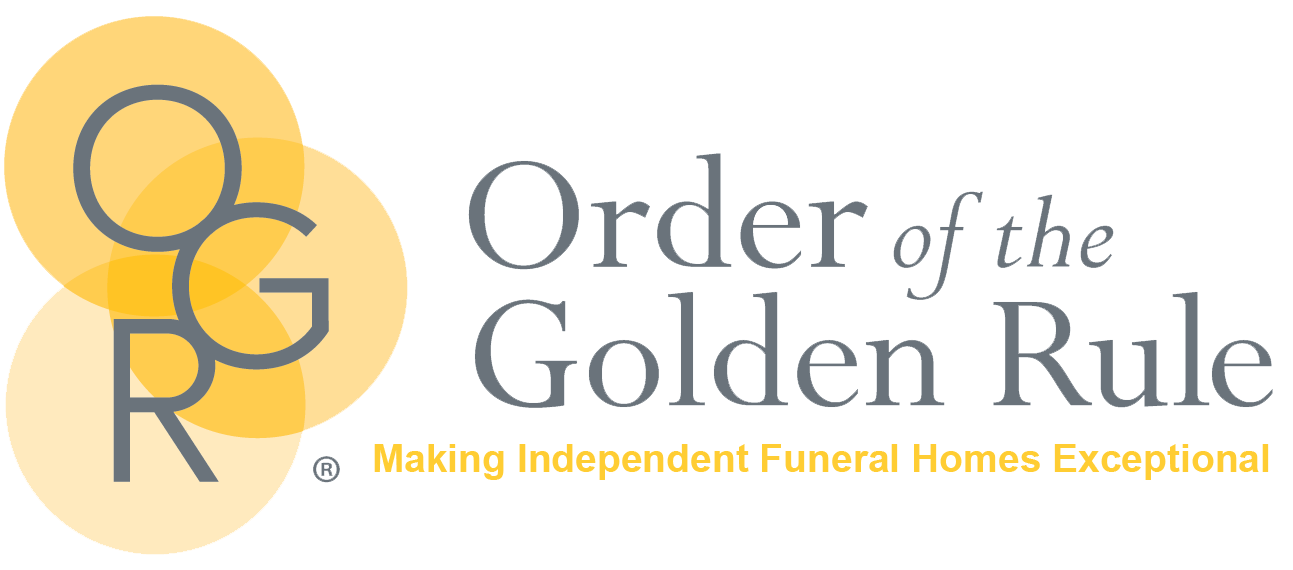Embalmers have the right to free speech, too
Article Originally appeared on BostonGlobe.com
Troy Schoeller’s mistake was to speak too frankly — and too pungently — about his work as an embalmer and funeral director, but doing so never should have brought the wrath of a state licensing board upon him. Fortunately for the cause of free speech, the state’s highest court recently overturned that board’s decision.
In a 2006 article in the Boston Phoenix, Schoeller was quoted in gory detail about the mechanics of embalming obese people, and about a difficult reconstruction involving an infant whom he never named. Perhaps not surprisingly, Schoeller’s employer, a chapel, was displeased with his comments and fired him. But the chapel also filed a complaint with the Massachusetts Board of Registration of Funeral Directors and Embalmers, which voted unanimously to revoke Schoeller’s professional licenses. The board, most of whose members work in the funeral industry, took issue with the language he used and accused him of undermining the integrity of the profession.
Late last month, the state’s Supreme Judicial Court ruled for Schoeller, on the grounds that the punishment unfairly infringed on his right of self-expression — noting that funeral directors regularly talk about the condition of bodies in trade publications, sometimes in highly graphic terms. By objecting to such a discussion only in the Phoenix, which has a broader readership, the state licensing board showed less concern for public welfare than for the public image of the funeral industry.
Professional licensure boards are getting new scrutiny in Massachusetts in the aftermath of a national meningitis outbreak that has been linked to a Framingham specialty pharmacy. The company’s main regulator, the Massachusetts pharmacy board, clearly wasn’t up to the task of overseeing such an enterprise, and the board’s composition — most of its members are themselves pharmacists — seems likely to discourage strong action in the future. The stakes in Schoeller’s case weren’t nearly as high. But it’s another reminder that goverment agencies that are too close to the industries they regulate sometimes lose their focus on the public’s well-being.





